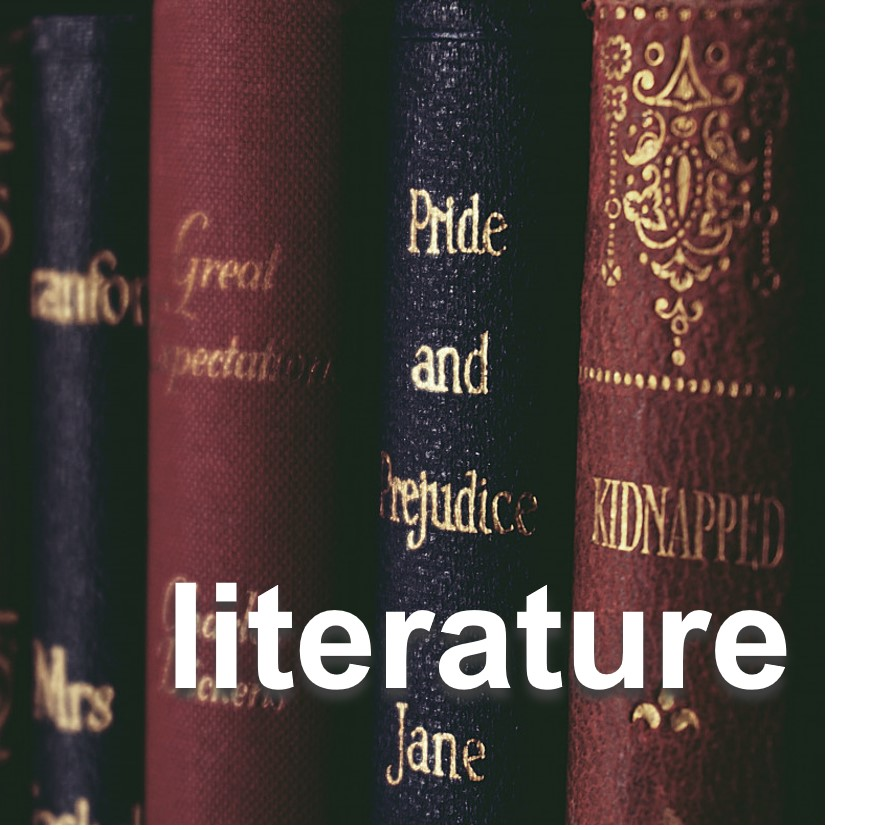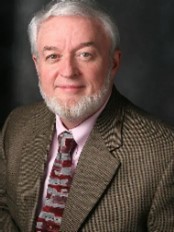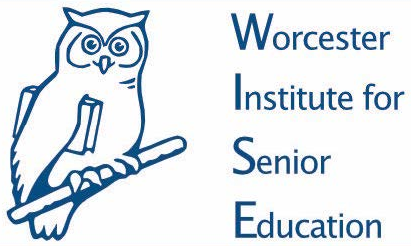A5: Poetry and Religious Experience
Start date: September 09, 2025
Time: 1:00 PM - 2:30 PM
Location: AU Kennedy 119
Category: WISE Class
Event Summary:
This is a five-week class that will meet in-person on the Assumption campus; meeting dates are Tuesdays, Sept 9, 16, 30, Oct 7, 14

Event Description
Class dates: Tuesday, Sept 9, 16, 30 and Oct 7, 14 (5 weeks)
Class time: 1:00 pm to 2:30 pm
Location: Assumption, Kennedy 119
Religious traditions have always had their poets, and their poems can offer much concrete insight into religious experience. At their best these poems make the meaning and truth of revelation happen afresh in changing historical situations. In this course we will examine lyric poems by George Herbert, Gerard Manley Hopkins, John Keats, and T.S. Eliot. Herbert is a 17 th century Anglican priest whose poems struggle with the modern self’s relationship with its God. Hopkins is a 19 th century Jesuit whose works are saturated with a sense of the divine’s Incarnation in creation. Keats’s Odes provide a striking example of what has been called “secular scripture.” While not explicitly Christian, his poems trace a purgatorial journey he underwent before his untimely death. Finally, Eliot, the author of The Waste Land early in his career, undergoes a conversion to Christianity and writes what many consider to be the greatest religious poems of the 20 th century, Four Quartets .
For those who find poetry mystifying, de-mystifying resources will be provided.
Required reading: Four Quartets by T.S. Eliot; Publisher: Ecco; ISBN: 978-0156332255
Selected poems by Herbert, Hopkins, and Keats (PDFs of these assignments will be provided)

Instructor: James M. Kee taught at Holy Cross from 1981 to 2016. He is editor of Northrop Frye and the Afterlife of the Word (an issue of the journal Semeia ), and he has published essays on Dante, Langland, Milton, Wordsworth, Keats, and the relationship between religion and the intellectual life. Kee regularly taught courses on medieval literature and Chaucer as well as ones on tragedy, literary theory, the Bible and literature, and poetry and philosophy

